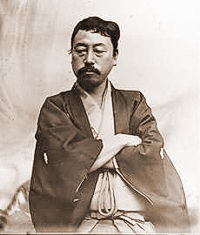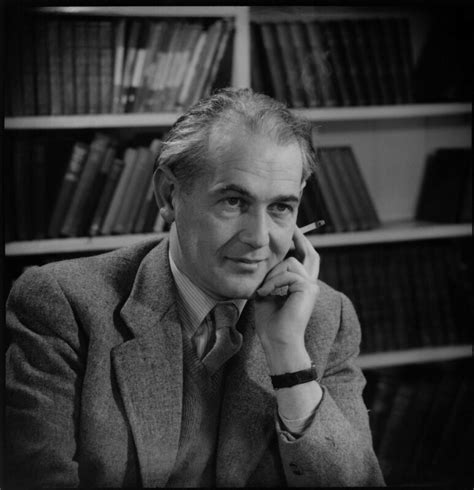A Quote by Nicolas Winding Refn
I think 'Videodrome' was an absolute philosophical masterpiece.
Quote Topics
Related Quotes
I would say I was a philosophical boy. Thoughts about 'identical stones' are the earliest philosophical thoughts I remember. But when I was a teenager I also thought about the more typical philosophical problems teenagers think about: the existence of god, the objectivity of morality, whether one can know that the external world exists.
You are carrying a masterpiece hidden within you, but you are standing in the way. Just move aside, then the masterpiece will be revealed. Everyone is a masterpiece, because God never gives birth to anything less than that. Everyone carries that masterpiece hidden for many lives, not knowing who they are and just trying on the surface to become someone. Drop the idea of becoming someone, because you are already a masterpiece. You cannot be improved. You have only to come to it, to know it, to realize it. God himself has created you; you cannot be improved.
There are similarities between absolute power and absolute faith: a demand for absolute obedience, a readiness to attempt the impossible, a bias for simple solutionsto cut the knot rather than unravel it, the viewing of compromise as surrender. Both absolute power and absolute faith are instruments of dehumanization. Hence, absolute faith corrupts as absolutely as absolute power.
You can't relate to an absolute or it wouldn't be absolute, it would be relative. On an intellectual level, that's easy. However, you hear theologians in the theistic traditions talk about absolute God, and I saw God, or God spoke; speaking, being seen, these are all relational things. So what is absolute about such a being, wouldn't actually be absolute.
If you go out and see a lot of movies in a given year, it's really hard to come up with a top ten, because you saw a lot of stuff that you liked. A top 20 is easier. You probably get one masterpiece a year, and I don't think you should expect more than one masterpiece a year, except in a really great year.
My first degree was in mathematics. That was great, but it didn't help with many of the things that puzzled me. I became a philosopher because I wanted to understand everything, especially those things that didn't make sense. And that has continued to be my philosophical motivation. That's one reason I have such a roving philosophical eye - once I have figured out a philosophical topic to my satisfaction, I find myself moving on to new problems.





































